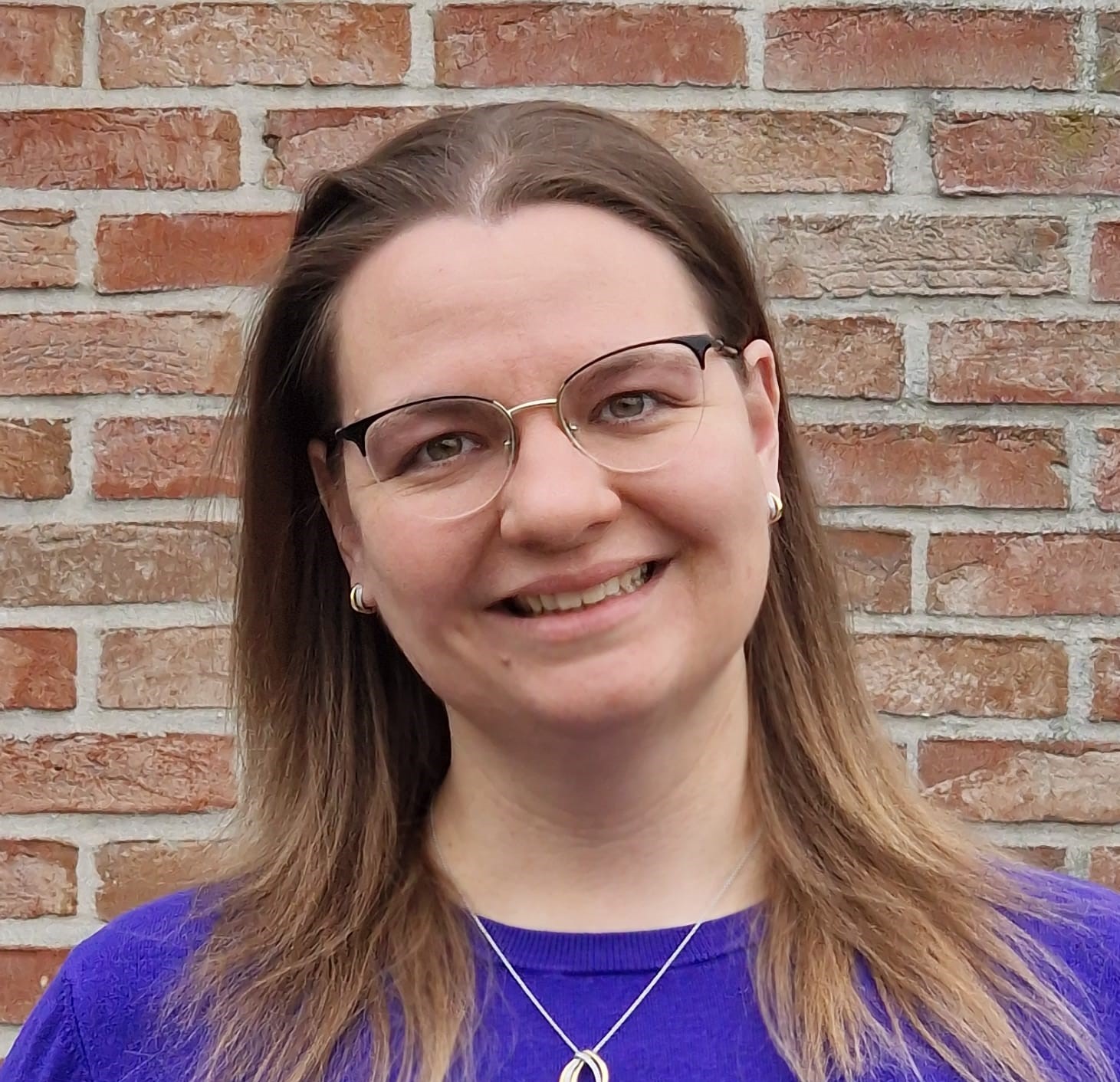 \
&
Contact us
\
&
Contact us
 \
&
Contact us
\
&
Contact us
Published on | 1 year ago
Last updated on | 5 months ago

marie.timmermann@fwo.be
Participation in certain calls for proposals under Horizon Europe, Digital Europe and the European Defence Fund can be restricted to legal entities established in and/or controlled by Member States (or in specified eligible third countries). These restrictions apply for duly justified security reasons, where they are necessary to protect essential security and/or defence interests of the Union and/or its Member States or to maintain public order and public security.
The assessment of the foreign control is part of the eligibility criteria. For this, participants will be requested to fill in a self-assessment questionnaire, the Ownership Control Declaration, to determine their control status during proposal submission. They can also be requested to submit supporting documents for the Commission to determine that the entities are not controlled from a third country. The templates can be found as reference documents of each programme, under templates and forms - applications forms, on the Funding and Tenders Portal.
The Central Validation Service will use the information (data and documents) provided by the participant organisations to conclude on the organisation ownership control situation. The outcome of the assessment will be then made available to the service in charge of the grant/tender awarded to your organisation.
In the Participant Register, there is no reference to the ownership control data until it is requested by the Central Validation Service. Participants will receive an email, also visible under the My Notification(s) section of the Funding & Tenders Portal and under the Messages tab in the Participant Register, if additional information is requested.
‘Control’ is defined as the possibility to exercise decisive influence on the participant, directly or indirectly, through one or more intermediate entities, irrespective of whether such influence is theoretically allowed by law (‘de jure’) or whether it refers to practices that exist in reality (‘de facto’). The fact that no influence is actually exercised is not relevant, as long as the possibility exists.
Control will be assessed at the level of the ultimate ownership and control line and all intermediate layers (in case of indirect control), taking into account
If requested by the call topic, the Ownership Control Declaration needs to be submitted by all participants (beneficiaries, affiliated entities, associated partners and pre-identified subcontractors).
Entities that are validated as public bodies by the Central Validation Service are exempted since they will automatically be considered as controlled by their country.
Supporting documents do not have to be provided at application stage, but will be requested later in the process.
The Ownership Control Declaration is divided in two parts: part 1 being the actual declaration, part 2 the guarantees part. The guarantees must be filled by the applicants upon request of the Commission (in the grant agreement preparation phase). If foreign control is already know by the participant before submission, it is recommended to fill in the guarantees part as well before submission of the proposal.
If a proposal has passed the evaluation and is considered for funding, the Central Validation Service will contact the participants and request them to submit supporting documents proving that their entities are not controlled from a third country. Also read page 31 of this document for more details.
If guarantees need to be provided, the applicant has to fill in the second part of the Ownership Control Declaration document. In case of Horizon Europe projects, the Commission will then contact the competent national authority of the applicant to approve the guarantees provided. In the case of Digital Europe calls, the applicant has to fill in the guarantees part, get it approved by the competent authority and submit the document to the Commission.
If the outcome of the ownership control assessment is ’controlled’ and the guarantees provided not considered as sufficient, the consortium will be asked to replace the participant concerned (or redistribute the tasks between the other participants). If this is not possible and the consortium cannot propose any other acceptable solution, the proposal will have to be rejected.
Under Horizon Europe, Ownership Control Declarations can be required for actions related to EU strategic assets, interests, autonomy or security (Article 22(5) of Horizon Europe Regulation (EU) 2021/695 (page 30,31)). Which actions are concerned will be indicated in the respective work programmes.
Under Digital Europe, ownership control rules apply to actions under specific objectives 1 (High Performance Computing), 2 (Artificial Intelligence) and 3 (Cybersecurity and Trust) (Article 12(5)-(6) and 18(4) Digital Europe Regulation 2021/694 (pages 18 and 21)).
Ownership control rules apply to all actions under the European Defence Fund (EDF) (Article 9 EDF Regulation 2021/697) (pages 149ff.), restricting participation to all actions to participants that are not subject to direct or indirect control by non-eligible countries/entities/nationals.
We offer news and event updates, covering all domains and topics of Horizon Europe, Digital Europe & EDF (and occasionally, for ongoing projects, Horizon 2020).
Stay informed about what matters to you.
By signing up, you can opt in for e-mail notifications and get access to
a personalised dashboard that groups all news updates and event announcements in your domain(s).
Only for stakeholders located in Flanders
ChemStream is an innovative chemical R&D company, specialized in translating material problems in sustainable formulations with focus on nano-dispersions, functional coatings and inkjet inks. Within LORCENIS they will develop super absorbing polymers (SAPs) to be mixed within the concrete matrices for improving the active internal curing, self-healing and self-sealing properties of the concrete. Grindig SAPs.
ChemStream bvba and Ghent University are involved in Horizon 2020-project for developing long lasting reinforced concrete for energy infrastructures.